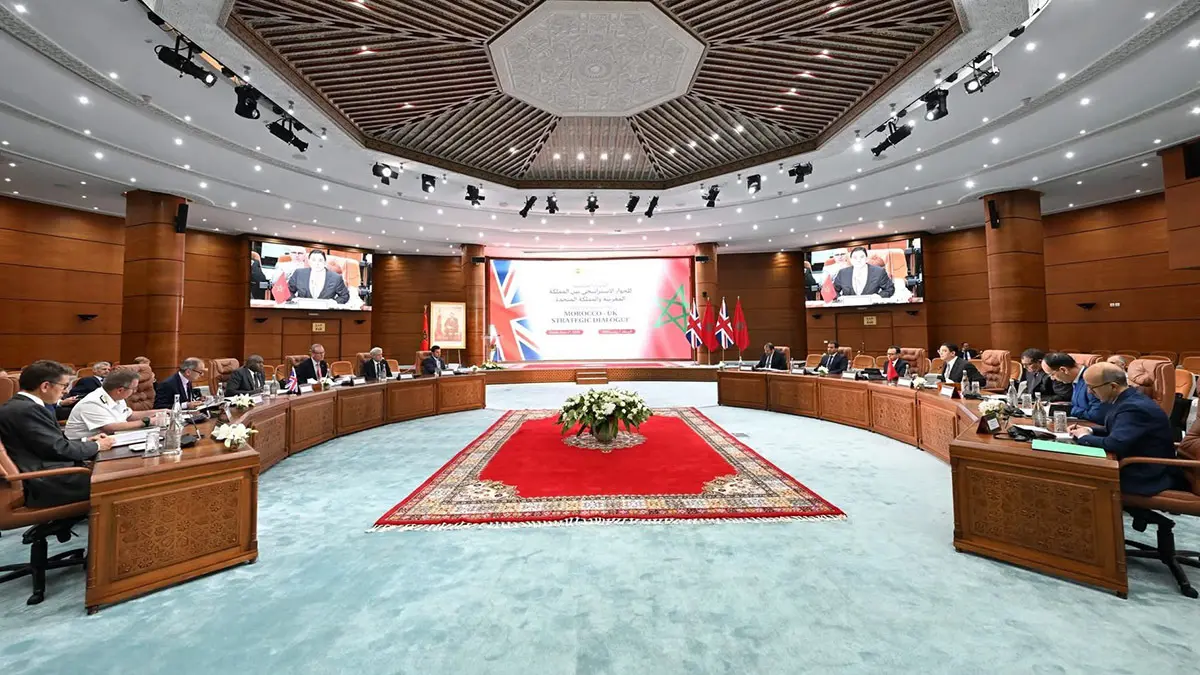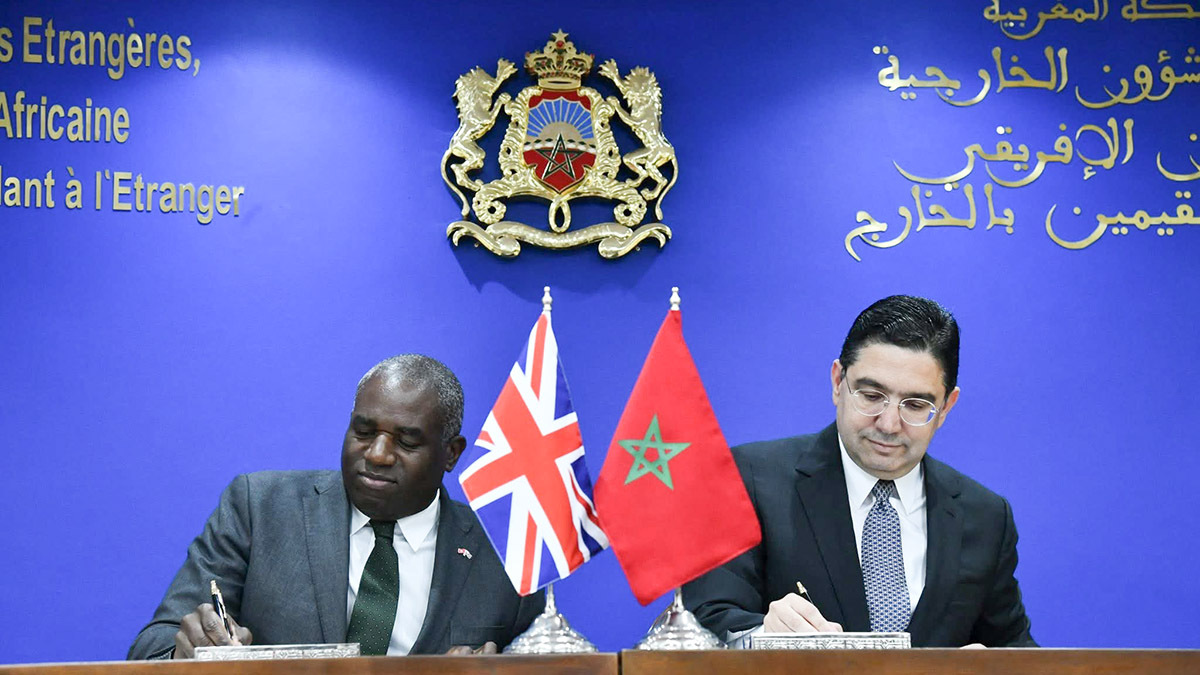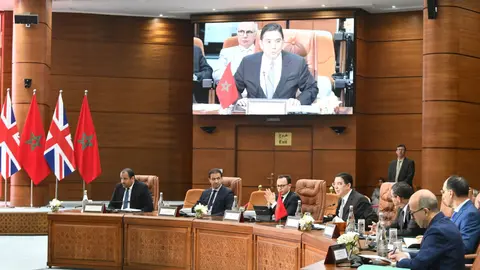The Fórum Canario Saharaui welcomes the United Kingdom's support for Morocco's proposal for autonomy for Western Sahara

The Fórum Canario Saharaui welcomes the historic announcement by the United Kingdom of its support for Morocco's Autonomy Plan for the Sahara, describing it as ‘the most credible, viable and pragmatic basis for a lasting settlement of the dispute’. This decision, expressed by British Foreign Secretary David Lammy during his visit to Rabat last Sunday, represents a new diplomatic milestone that consolidates the growing international consensus around the Moroccan proposal of 2007.

With British support, three permanent members of the United Nations Security Council have now backed the Moroccan initiative. The United States also recognised Moroccan sovereignty over the Sahara in December 2020, while France followed suit in July 2024, declaring that ‘the present and future of Western Sahara lie within the framework of the Moroccan autonomy proposal’. The United Kingdom has now joined this position.
European support for the Moroccan plan has grown significantly. Currently, within the EU alone, more than twenty countries support the Moroccan autonomy proposal, including Spain, France, Germany, Italy and the Netherlands, among many others. This support has come from governments of different political colours, demonstrating a certain cross-party acceptance of the proposal, distancing it from ideological dogma and giving it even greater legitimacy. Spain ratified its position in April 2022, recognising ‘the importance’ of the Sahara issue for Morocco and considering ‘the Moroccan autonomy initiative, presented in 2007, as the most serious, realistic and credible basis for resolving this dispute’.
On the other hand, the statement by the Algerian Ministry of Foreign Affairs expressing its ‘regret’ at the British shift in favour of the Moroccan autonomy plan once again highlights the fundamental contradictions in Algiers' official discourse. While Algeria publicly insists that it is not a party to the dispute and that it is exclusively a matter between Morocco and the Polisario Front, its angry reactions to every Moroccan diplomatic advance prove the contrary. This response reveals the level of Algeria's direct involvement in the conflict, contradicting its narrative of neutrality.
Proof of this is the Franco-Algerian diplomatic crisis, triggered by France's recognition of Moroccan sovereignty over the Sahara in July 2024, which continues to this day and perfectly illustrates this pattern of contradictory behaviour. Something similar had also happened in the Spanish case. Algeria's disproportionate reaction to the sovereign decisions of other states confirms, once again, its direct involvement in the conflict and its use of the Polisario Front as a tool in its regional policy.
In any case, the growing international consensus around Morocco's Autonomy Plan reflects the recognition that this proposal offers the most realistic way to resolve a conflict that has been going on for half a century. The Fórum Canario Saharaui welcomes this new diplomatic breakthrough, which brings us closer to a final resolution of the dispute. With more than 100 countries worldwide supporting Morocco's position and three of the five permanent members of the Security Council backing the autonomy proposal, the path towards a just and lasting solution is gradually consolidating.
We urge the international community to continue supporting this pragmatic approach, which guarantees the socio-economic development of the territory and the rights of its people, in the face of obstructionist positions that perpetuate the suffering of Sahrawi refugees in the Tindouf camps and maintain an artificially prolonged conflict for geopolitical interests unrelated to the well-being of the affected population.









